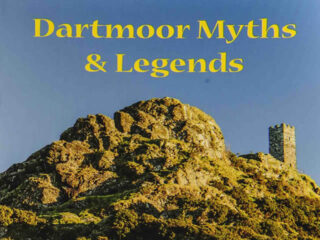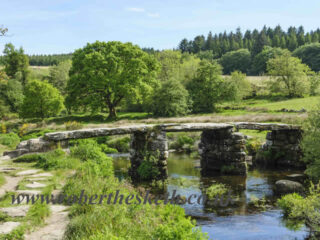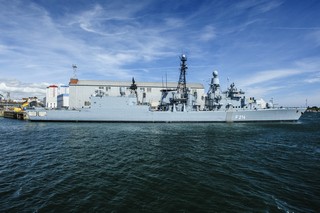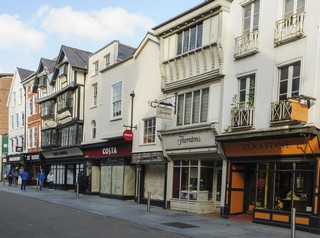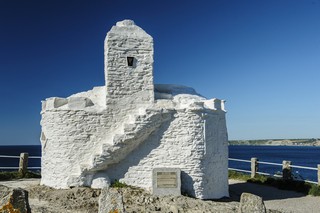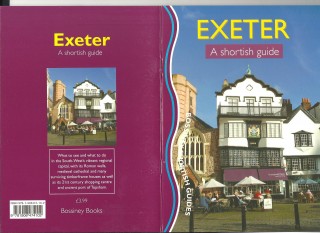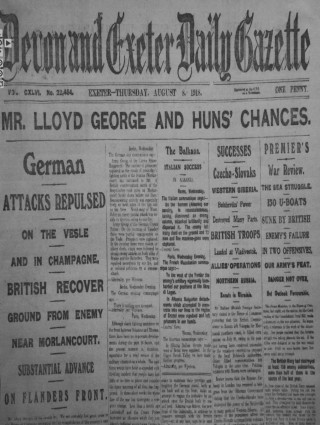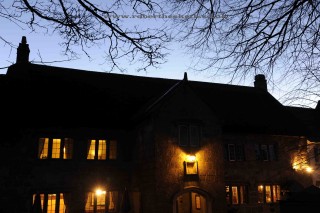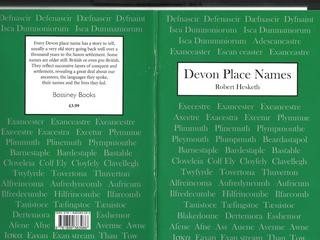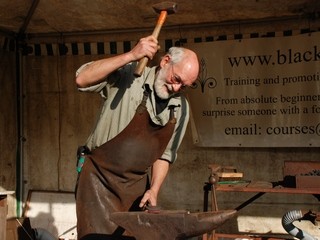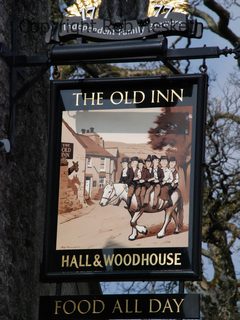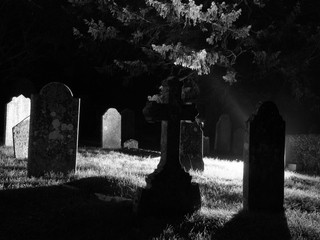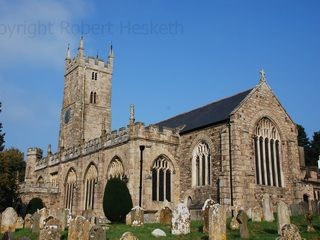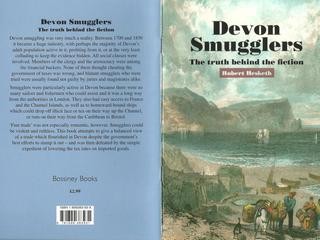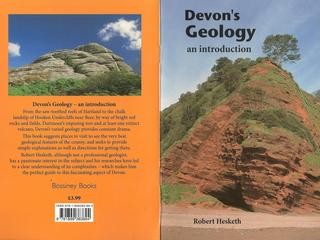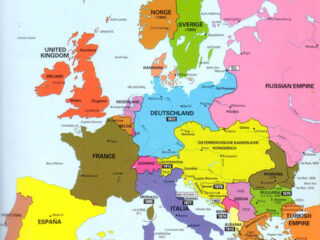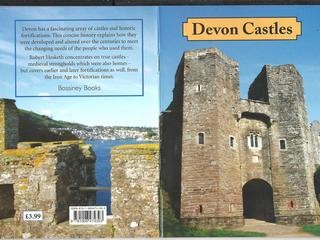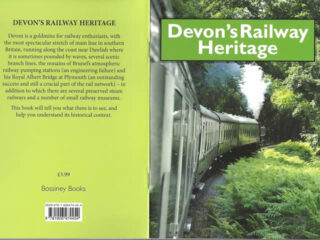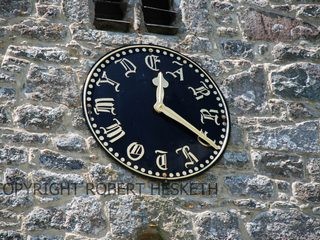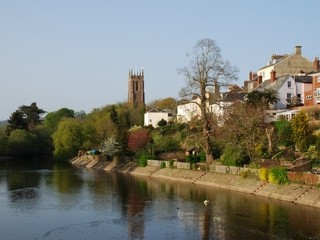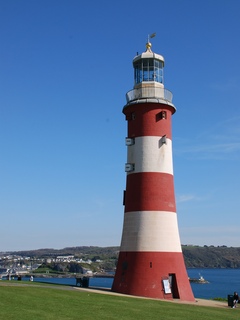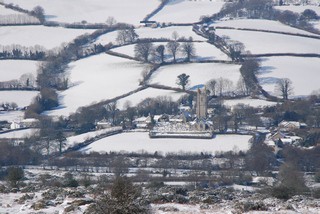About me...
I am a writer and photographer with a strong interest in local history (my first degree subject). Since 2002, I have been giving talks Devon organisations including history clubs, Women’s Institutes, societies, U3A and Probus on Devon and its history. To date, I have published 38 now 70 Devon, Cornish, Dorset and Somerset titles (see www.bossineybooks.com please delete and replace with www.roberthesketh.co.uk ) and written numerous illustrated articles for Devon Life, Dartmoor Magazine, Country Walking and other publications.
About my talks...
All the talks are illustrated with high quality colour digital images on Powerpoint (except Armageddon which is in black and white and Devon’s Geology which is 35mm slides please delete “and Devon’s Geology which is 35mm slides”) and last between 45 minutes and an hour, depending on what the audience wants. Questions from the audience are always welcome. I can supply all equipment needed for projection: laptop, projector, projection stand and projection screen. I can also give my talks on Zoom.
Fee:
For bookings my fee is £55, plus 30p per mile travel each way from Bovey Tracey (£60 and 40p per mile for talks scheduled after 1st January, 2024). Of course, there is no travel charge for Zoom talks, but my basic fee is the same.
I am prepared to travel anywhere within Devon and border areas of Dorset, Somerset and Cornwall.



